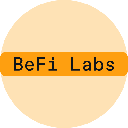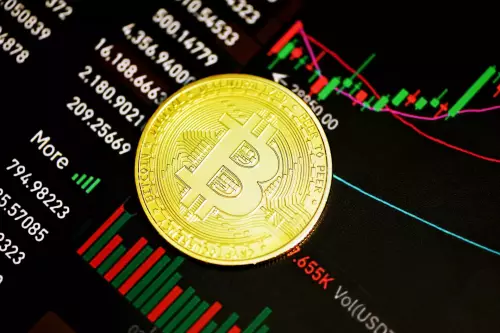AI training is demanding immense energy. Greg Osuri proposes decentralization as a solution to mitigate the energy crisis.

The AI boom is here, but it's got a dirty little secret: it guzzles energy like a monster truck at a gas station. As AI models get bigger and brainier, the energy needed to train them is skyrocketing, raising concerns about an impending energy crisis. Greg Osuri, founder of Akash Network, is ringing the alarm bell, suggesting that the industry is underestimating the compute demands and environmental costs that come with it.
The AI Energy Wall
Osuri points out that data centers, the powerhouses behind AI, already consume hundreds of megawatts of fossil fuel power. This trend could lead to soaring household power bills and millions of tons of new emissions annually. The concentration of fossil fuel use around data hubs even poses health risks. According to a Bloomberg report, wholesale electricity costs have surged 267% in five years in areas near data centers.
Decentralization: A Sustainable Path Forward?
So, what's the solution? Osuri believes decentralization holds the key. Instead of packing chips and energy into mega-data centers, he proposes distributed training across networks of smaller, mixed GPUs. This network could range from high-end enterprise chips to gaming cards in home PCs, unlocking efficiency and sustainability.
Think of it like the early days of Bitcoin mining, where everyday users contributed their processing power and earned rewards. In this case, the "mining" would be training AI models. This approach would democratize AI, giving everyday people a stake in the future while lowering costs for developers.
Challenges on the Horizon
Of course, it's not all sunshine and rainbows. Training large-scale models across a diverse array of GPUs requires technological breakthroughs in software and coordination. As Osuri notes, several companies have begun demonstrating aspects of distributed training, but no one has yet pieced it all together and run a complete model.
Incentives are another hurdle. Why would someone volunteer their computer for AI training? What's in it for them? Cracking the incentive code is crucial for making this vision a reality.
A Necessary Shift
Despite these challenges, Osuri insists that decentralized AI training is not just a good idea, it's a necessity. By spreading workloads across global networks, we can ease pressure on energy grids, cut carbon emissions, and create a more sustainable AI economy.
The Future is Decentralized (Maybe)
The idea of a decentralized AI training network is intriguing. Imagine earning tokens while your gaming PC helps train the next generation of AI. It's a bold vision. While challenges remain, the potential benefits for the environment and the democratization of AI are hard to ignore. It might sound like a pipe dream now, but hey, who knows? Maybe your trusty gaming rig will be fueling the AI revolution sooner than you think!














































































